How Nigerian startups could do more for democracy
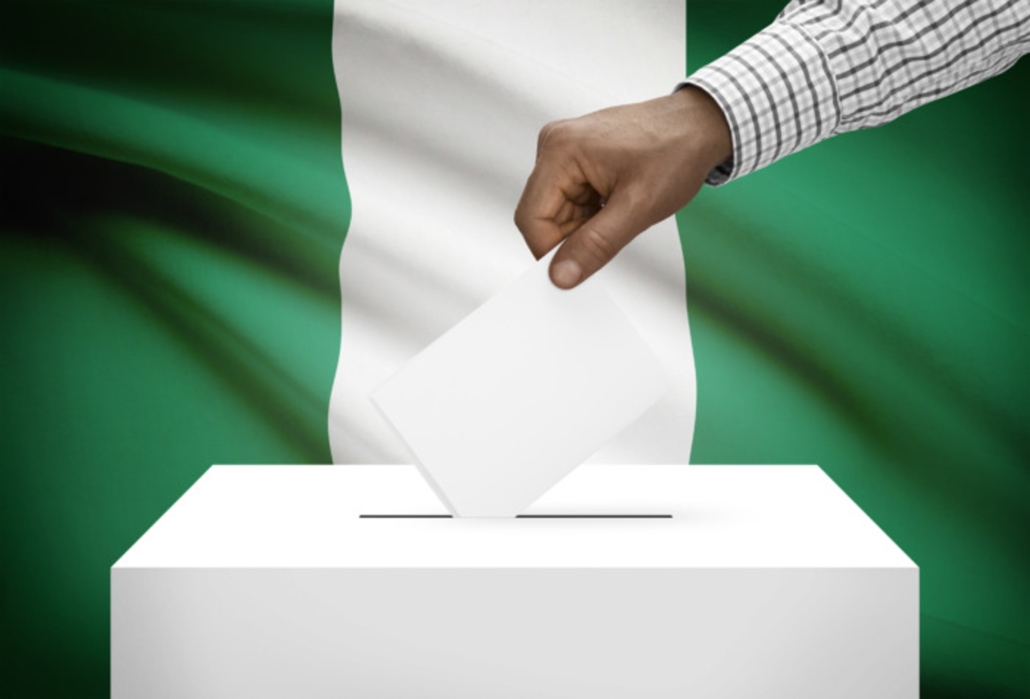
With 18 days before the first round of the Nigerian elections, one thing’s for sure: technology will be integral to the process.
Ballot boxes are being prepared to welcome the nearly 93 million eligible voters who registered using the Electoral Commission’s brand-new Continuous Voter Registration online portal, and the country is promising an efficient electronic tabulation system to count votes.
The introduction of new technological tools is likely to bring more confidence in the election results. The bimodal voter accreditation system, introduced recently, allows for digital identification of the voters, and thus prevents politicians to buy multiple permanent voters cards to increase their chances of winning.
But for the continent’s largest democracy, the room for technological improvement is growing as fast as the voting-age population. Turnout in the country is still low – in 2019, only 28.5 million people turned out to vote, despite the 82 million people registered and 106 million at voting age.
Technology could help further to smooth and secure the electoral process, as is already the case with electronic counting and registration, but also create an incentive for young Nigerians to participate and boost overall voter participation.
Technological innovation and investment are not missing Nigeria is the most popular tech startup investment destination in Africa – attracting nearly $4bn between 2019 and 2022.
However, none of these startups is working towards enhancing the democratic experience.
Democracy is an expensive process in which African startups and investors could help lower the cost, and also take a piece of the pie by providing outsourcing services to governments.
The 2019 Nigerian presidential elections were the most expensive election ever held in the country, costing approximately $625m. If innovative companies jump on board – bringing proven technology such as optical mark recognition, data analysis, enhanced digital identification, and electronic ballot printing – the process could be made cheaper, more efficient, and more secure.
Concrete examples of how this could work are regularly highlighted by the International Institute for Democracy and Electoral Governance (International IDEA), an intergovernmental organization created in 1995 to assist newly formed democracies with their political process, and which counts seven African countries as members (South Africa, Ghana, Benin, Botswana, Namibia, Mauritius and Cape Verde).
International IDEA advocates the use of ICT in different parts of the electoral process. Using open-source software, for instance, provides a wide range of benefits. If results for each polling station are published in real-time through open-source systems, citizens could have access to valuable information such as the number of registrants, valid and invalid votes, and the votes for each party and candidate.
National and international news organizations would also be able to review them and write articles, in-depth analysis, and opinions, contributing to a healthy media environment and building trust among institutions.
Some technological tools could also help prevent post-election violence – a trend which has seriously undermined democratic accountability for several African countries.
The use of a Geographic Information System (GIS), a database containing accurate geographic information, could help generate risks maps and trend charts, and allows an unprecedented focus on the local level.
“In turn, this allows a new level of sophistication for early warning systems and forecasts to inform decision-makers of threats. Once threats are mapped and understood, prevention strategies can be customized and implemented at the local, national, or even regional level,” writes staff member Helena Schwertheim on the International IDEA blog.
Startups in geospatial data intelligence, for instance, could be incredibly helpful in ensuring a peaceful electoral process.
Published on: African Business
Publication date: 10/02/23

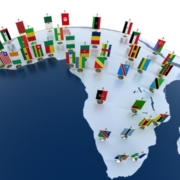 African Business
African Business 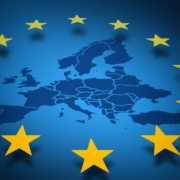 Bezirksregierung Dusseldorf
Bezirksregierung Dusseldorf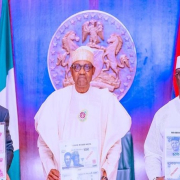 Business Insider Africa
Business Insider Africa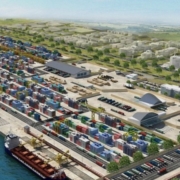 All Africa
All Africa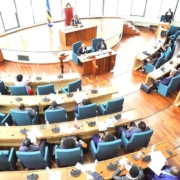 African Business
African Business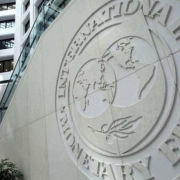 CNBC Africa
CNBC Africa 
 Business Insider Africa
Business Insider Africa Business Insider Africa
Business Insider Africa